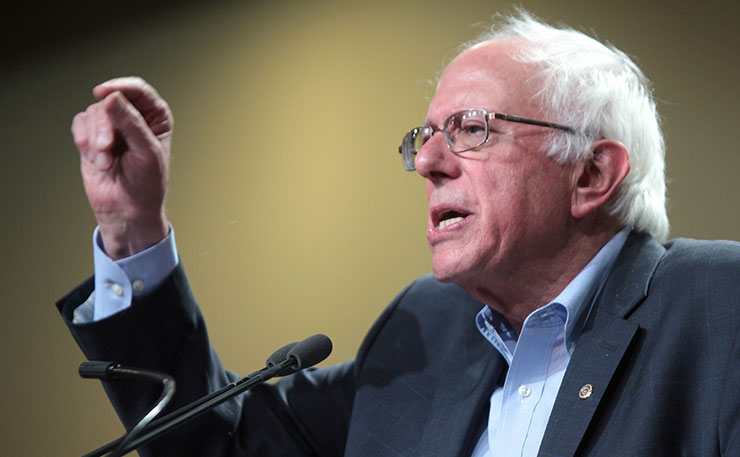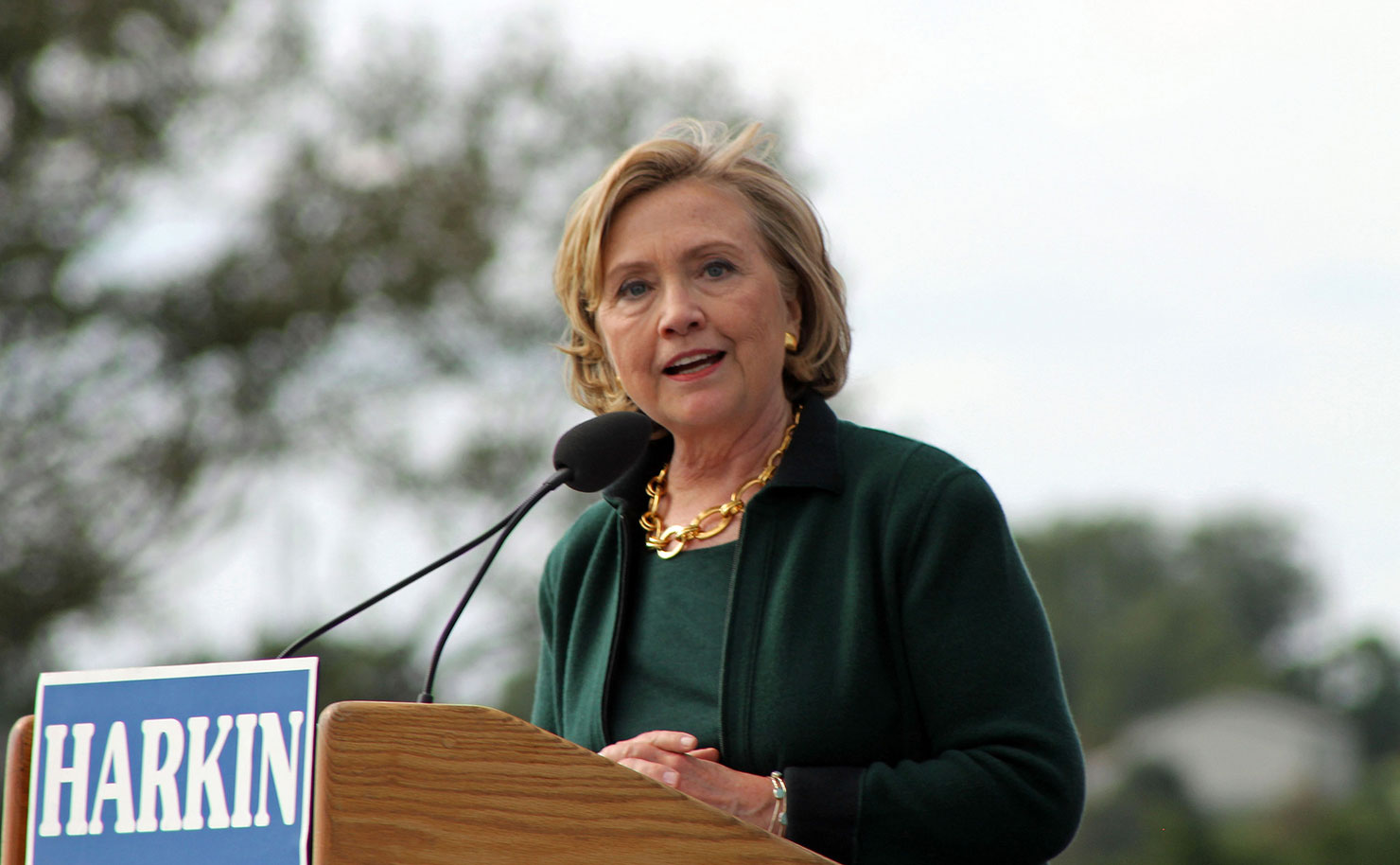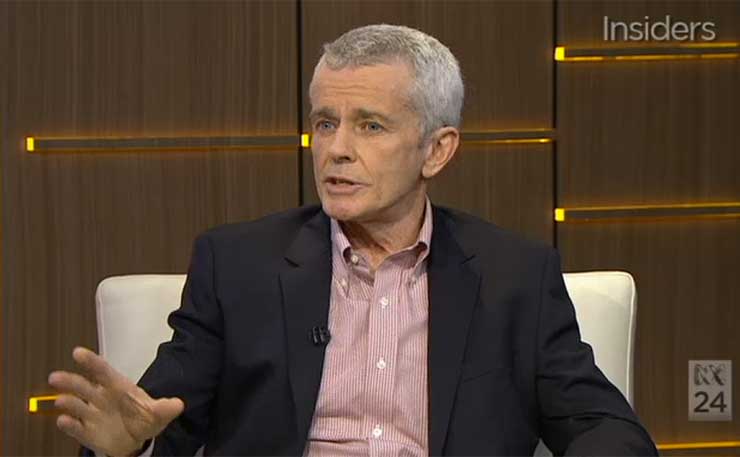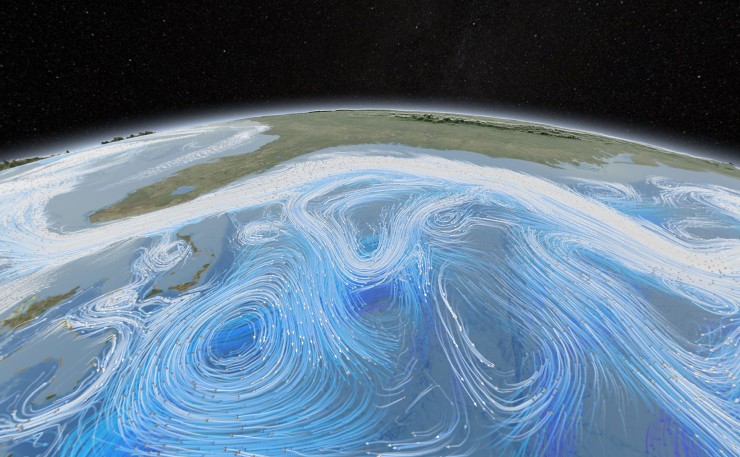Winning the war on climate change is ultimately about winning the hearts and minds of the masses. Liam McLoughlin outlines the main protagonists.
It was the best of times, it was the worst of times, it was the age of wisdom, it was the age of foolishness, it was the epoch of belief, it was the epoch of incredulity, it was the season of Light, it was the season of Darkness, it was the spring of hope, it was the winter of despair, we had everything before us, we had nothing before us, we were all going direct to Heaven, we were all going direct the other way – in short, the period was so far like the present period, that some of its noisiest authorities insisted on its being received, for good or for evil, in the superlative degree of comparison only.
– Charles Dickens, A Tale Of Two Cities (1859)
We are living through a tale of two crises.
Our pale blue dot is melting. July was the 10th month in a row to break temperature records and the hottest month since records began. The North Pole is recording temperatures 27 degrees Celsius above normal. Melting permafrost is releasing anthrax from reindeer carcasses, poisoning Siberian nomads.
A brief survey of vanishing Arctic ice, reef bleaching, droughts, floods, firestorms and other climate “offensives”, leads environmental activist Bill McKibben to write “World War III is well and truly underway. And we are losing.”
Meanwhile, neoliberal capitalism is facing a crisis of legitimacy. The origins and anatomy of this crisis have been well explained recently in The Guardian by both George Monbiot and Martin Jacques, but we already knew the thrust of it. Soaring inequality, iniquitous trade deals, ecocide, and the corporate hijacking of our democracies; these have become the most basic facts of our times.
After decades of governing in the interests of the 1%, the establishment is finally experiencing blowback. The neoliberal doctrine, for so long received as gospel, is increasingly under attack; so much so there is now an open debate about “the death of neoliberalism”.
When political authorities abdicate their responsibilities to the people, populist movements and leaders rise up to take their place, taking two forms. While both left and right-wing populists construct an antagonism between “the people” and “the establishment”, the differences in the character of this binary are stark.
Right wing populists blame the establishment for the people’s ills, but in association with a demonised minority group. Nigel Farage blames the UK government for being too soft on migrants; Donald Trump blames the US government for being too soft on Muslims.

Left-wing populists reject racism and xenophobia and place the blame for our social, economic, and environmental ills squarely with the political, financial and media elites of the ruling classes. Jeremy Corbyn and Bernie Sanders have gained extraordinary popularity by hammering the neoliberal status quo.
In an excellent essay for Medium on the subject, organiser Jonathan M Smucker asks a critical question of our historical moment.
“Will we succumb to a scapegoating populism that punches down, using fear to appeal to a shrinking homogeneous white base? Or will we embrace a progressive populism that punches up and articulates an aspirational vision of a way forward together — for all of us?”
The consequences of the wrong answer are calamitous.
“A crisis of legitimacy is extraordinarily dangerous for a left that is not ready to take advantage of it. History shows that when progressives fail to realign popular social forces in such populist moments, reactionary authoritarians can suddenly step in with remarkable speed and horrific consequences…. The stakes of everything we do right now are extraordinarily high.”
This is especially so in the context of the climate crisis. Which kind of populism triumphs will determine whether we back away from the precipice of climate destruction or plunge headlong into oblivion.
The United States presents a stark case study. Donald Trump’s politics blends the worst of populism (demonising Muslims) with the worst of the establishment (obstructing climate justice). His policy platform rejects the Paris agreement, scraps Obama’s Clean Power Plan, calls coal an “abundant, clean, affordable, reliable domestic energy resource”, dismantles the Environmental Protection Agency, finishes the Keystone XL Pipeline, and opposes a carbon tax.
The planet is overheating and Trump wants to put it in the microwave.
By contrast, the Sanders campaign platform outlined carbon pollution cuts of 40 per cent by 2030 and 80 per cent by 2050. This would have been achieved by a carbon tax, repealing fossil fuel subsidies, banning fossil fuel lobbyists, and investing in energy efficiency and renewables.
Other crucial elements were implementing a climate justice plan to benefit low income and minority communities and creating 10 million well paid clean energy jobs. Sanders style populism combined a strong narrative about inequality with concern for environmental justice.

Though Hillary Clinton has a poor environmental track record, Sanders drew her to the left on climate. The Democratic platform now includes a price on carbon and prioritises wind and sun over natural gas. Clinton has promised her government would see half a billion solar panels installed in the next four years.
Across the Atlantic, when Jeremy Corbyn ran for the Labour leadership in August 2015, he outlined his red-green politics in a document called Protecting Our Planet. It begins with the statement “the Labour movement and environmental movement are natural allies. We are fighting for the same thing: for society to be run in our collective interests and the interests of protecting our planet.”
It contained commitments to socialise Britain’s energy supply and end the era of fossil fuels, create one million new climate jobs and establish a Green Investment Bank which would “boost our green economy, supporting the green jobs, homes and infrastructure of the future.”
Corbyn reaffirmed these commitments in his recent 10 pledges for Britain.
On the other side of the populist coin, there are Brexiteers Nigel Farage and Boris Johnson. When they’re not having a crack at refugees, they take aim at climate science. Johnson has repeatedly given credence to climate deniers while the manifesto of Farage’s United Kingdom Independence Party (UKIP) has been described as a “climate sceptic’s wish list”.
Meanwhile, home-grown right wing populists are making the Liberal Party’s planet-destroying agenda look sane by comparison. The ABC is working hard to ensure the results of Malcolm Roberts’ Google search “Why Global Warming Is a Scam” are spread far and wide. Unfortunately, the TV show “Australia’s Next Top Left-Wing Populist” is yet to take off.
Although organisations like 350.org and GetUp! are doing some stellar climate activism and the Greens are consistent in their principled advocacy, few would argue that this amounts to some kind of burgeoning radical green populist movement.

Such a movement would name capitalism as the enemy and have a clear understanding of the intersection of class and environmental concerns and the importance of a united front of red and green groups.
This is something Anthropology and Geography Professor David Harvey wrote presciently about 20 years ago in his book Justice, Nature and the Geography of Difference, not long after the United Nations Framework Convention on Climate Change was established to organise international efforts to halt dangerous climate change.
It’s a passage well worth quoting at length.
Harvey wrote that movements for environmental justice “have to find a discourse of universality and generality that unites the emancipatory quest for social justice with a strong recognition that social justice is impossible without environmental justice (and vice versa). But any such discourse has to transcend the narrow solidarities and particular affinities shaped in particular places – the preferred milieu of most grass roots environmental activism – and adopt a politics of abstraction capable of reaching out across space, across the multiple environmental and social conditions that constitute the geography of difference in a contemporary world that capitalism has intensely shaped to its own purposes.”
“… it has to deal in the material and institutional issues of how to organize production and distribution in general, how to confront the realities of global power politics and how to displace the hegemonic powers of capitalism…”
“… that requires confronting the fundamental underlying processes (and their associated power structures, social relations, institutional configurations, discourses, and belief systems) that generate environmental and social injustices… the fundamental problem is that of unrelenting capital accumulation and the extraordinary asymmetrics of money and political power that are embedded in that process. Alternative modes of production, consumption, and distribution as well as alternative modes of environmental transformation have to be explored.
“This is fundamentally a class project, whether it is called that or not, precisely because it entails a direct challenge to the circulation and accumulation of capital which currently dictates what environmental transformations occur and why.”
One figure who appears to share this outlook is author and activist Naomi Klein. The way Klein writes about climate change as an opportunity to revolutionise our political and economic systems in her 2014 book This Changes Everything brings to mind Harvey’s calls for a “politics of abstraction” which could “displace the hegemonic powers of capitalism”.
Klein writes “the climate moment offers an overarching narrative in which everything from the fight for good jobs to justice for migrants to reparations for historical wrongs like slavery and colonialism can all become part of the grand project of building a non-toxic, shock-proof economy before it’s too late”.

The way Klein has since driven The Leap Manifesto is further evidence of a Harvey-style approach to environmental justice.
The Leap presents 15 demands “for a Canada based on caring for the Earth and one another”. It was drafted by 60 representatives from Canada’s Indigenous rights, environmental, labour, social and food justice, and faith-based movements in early 2015, and has been backed by a broad cross-section of Canadian society.
This fits Harvey’s call for movement politics “capable of reaching out across space, across the multiple environmental and social conditions that constitute the geography of difference”.
In demanding such things as community control of a 100 per cent clean economy, democratic participation of workers in a just transition, and a localised ecological agriculture system, Leap activists are also exploring “alternative modes of production, consumption and distribution”.
An Australian version of the Leap is in the oil-free pipeline, and perhaps this will catalyse the red-green Australian climate movement we’ve been waiting for.
Much like the Dickensian description of Paris and London in the late 18th century, we are living through an age of superlatives.
With temperature records tumbling, ice caps melting, sea levels rising, reefs bleaching, forests burning and species dying, superlatives seem like the appropriate linguistic response. Looking at the two populist responses to the climate crisis, there is wisdom and foolishness, belief and incredulity, light and darkness, hope and despair.
Consuming our daily media diet of climate havoc, racism, and political corruption, it does feel like the worst of times.
Yet if momentum keeps building behind the likes of Sanders, Corbyn, Klein and other left-wing climate populists, the best of times could still be before us.
Donate To New Matilda
New Matilda is a small, independent media outlet. We survive through reader contributions, and never losing a lawsuit. If you got something from this article, giving something back helps us to continue speaking truth to power. Every little bit counts.





